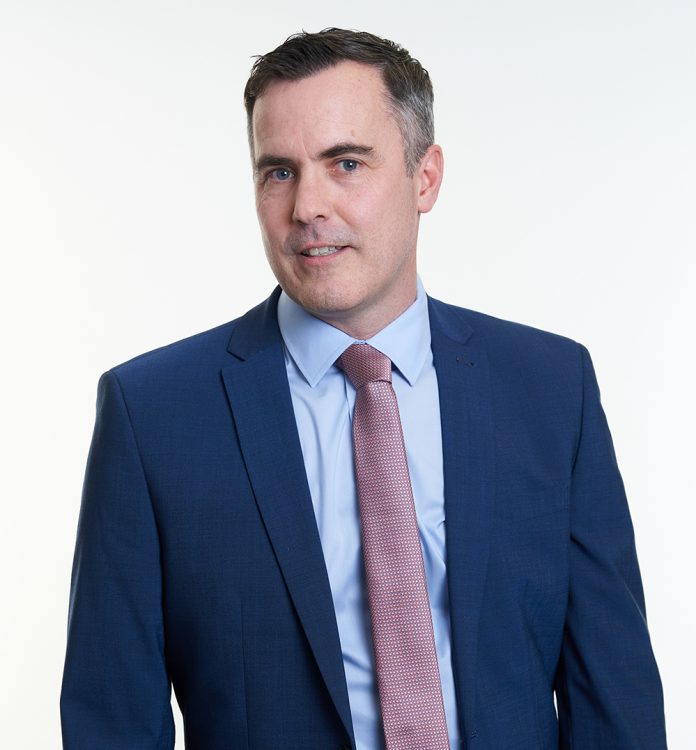Stuart Patience, Hollis’ Head of Energy Solutions
With dialogue surrounding net-zero commitments, government policy shifts, carbon reduction objectives, and the pursuit of ESG objectives ever-growing, it’s unsurprising that renewable energy sources are a top priority across real estate.
As the industry prepares for MEES (Minimum Energy Efficiency Standards) targets, solar energy has understandably been recognised as a vital element in making the UK’s building stock more environmentally sustainable. But whilst the potential benefits of solar energy are evident, it’s crucial to consider the associated risks and formulate resilient sustainable solar strategies.
Solar energy on the rise
Technology in renewables has been constantly advancing over the past few years facilitating a long-term downward trend in costs. With occupiers out of contract now facing up to a 400% increase in energy costs, solar energy is a popular option for owners and occupiers to decrease bills by making use of spare roof space.
Alongside reducing energy bills, solar PV’s also help make buildings compliant and more rentable, hold lower maintenance costs and can be used as a new revenue stream for landlords. It’s also a more environmentally conscious way of generating energy due to little to no greenhouse gas emissions being produced; this in turn helps an owner’s ESG agenda too.
Besides the financial and environmental benefits, solar energy may also provide a backup to securing energy in a time of electrification. The gradual societal shift to electrification requires a significant supply of electricity to meet demand, which hence puts a large strain on our National Grid that we cannot guarantee it can maintain. Increasing our nations use of renewable energy reduces this strain and maximises our chance of meeting electrical demand.
The risks of solar
Knowing the positives of solar energy, what are the risks? One identified issue surrounds solar panel electrical connectors. The most common connector is the MC4 (Stäubli Multi-Contact); a weatherproof single-contact connector containing built-in strain relief and interlocks. Whilst a standardised connector, with many created overseas there is a risk those connectors either supplied with the solar module or utilised by the installer are not genuine Stäubli Multi-Contact MC4 or are mismatched.
Manufacturers often create a variety of different brands to varying quality standards, making pairing different PV connectors one of the most common solar deficiencies and one that holds the potential for fire.
Resolving risk from solar
The good news is that fire risk can be minimised by good system design, product selection and installation practices. According to a BRE report (Fire and Solar PV systems, Instigations and Evidence), most fires have generally been caused by poor installation or the use of wrongly specified or faulty equipment. Once deciding to proceed with PV installation, it is imperative to recruit consultants and contractors who are experts and put fire safety first – and who pay attention to the important product selection process.
Fire safety is also important past initial installation and short-term operation, however; regular maintenance is key in guaranteeing long-term safety for owners and occupiers alike and should be drawn into an owners’ renewable energy plan from the early stages.
All things ESG
Before proceeding with solar panel installation, it is worth understanding whether they support an overall ESG strategy. Whilst a source of clean energy, not all panels are equal, and some reports have highlighted the alleged forced labour from some solar panels from the Xinjiang area in China. Considering a solar panel’s supply chain will help reach ESG ambitions.
Moving forward
The use of solar PV is a viable option for owners looking to increase the sustainability credentials of their assets and assist in tenants’ energy costs. It is however essential to understand the risks, especially those surrounding fire, and to take the necessary precautions. Whilst PVs are generally seen as positive, there will be more due diligence checks and requirements that need to be understood at the early stages.
This is where the expertise of solar experts at Hollis can help. Get in touch with Hollis’ Head of Energy Solutions Stuart Patience to hear more.
Contact details:






